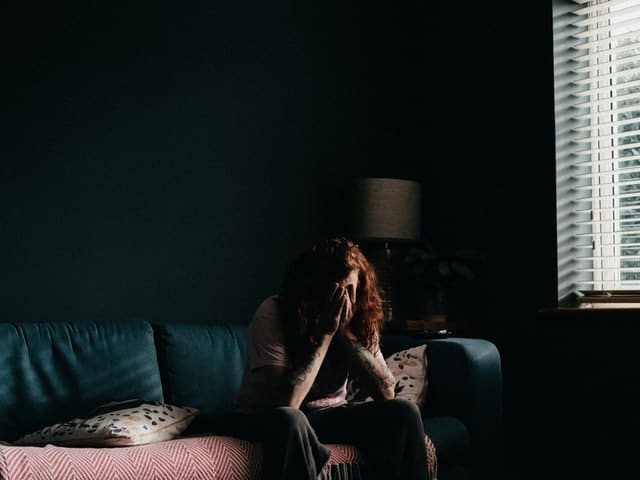This blog is excerpted from a Medical News Today article.
People spend a lot of time sitting down. There are many reasons a person may experience pain in their buttocks when sitting. Read on to learn about possible symptoms and causes of buttock pain, diagnosis, and when a person should seek medical attention.
Symptoms
Symptoms may vary depending on the cause and location of the pain and can include:
- bruising or discoloration
- numbness and tingling
- tingling in the legs
- a sore tailbone (coccyx)
- swelling
- difficulty moving the muscle
- difficulty moving from a sitting to a standing position
Causes
The causes range from minor injuries and bruises to more severe conditions, such as sciatica and damaged disks.
Bruising
Bruises are patches of discoloration that may appear on a person’s skin after an injury. Bruises happen when tiny blood vessels called capillaries break or burst underneath the skin, creating small amounts of internal bleeding.
Sciatica
Sciatica is a condition that results from compression or obstruction of the sciatic nerves. These are the two largest nerves in the body. They run from the lower spine, through the buttocks, to the knees. Compressions due to a disk prolapse or the narrowing of the spinal canal can put pressure on the sciatic nerve, causing pain and discomfort. Sciatica can cause shooting pain, tingling, or numbness anywhere from the buttocks to the legs. People may find that symptoms worsen when they sit for long periods, move, sneeze, or cough. Sciatica often resolves in 4–6 weeks, but sometimes it can last longer.
Piriformis syndrome
The piriformis muscle is a pear-shaped muscle in the buttocks that extends from the base of the spine to the top of the thigh. Piriformis syndrome develops when the piriformis muscle irritates or compresses the sciatic nerve.
Coccydynia
The coccyx is the last bone at the bottom of the spine, also known as the tailbone. Coccydynia is the medical name for pain in the tailbone. It can occur if a person injures or strains their coccyx or the surrounding muscles and ligaments.
Diagnosis
To diagnose the cause of pain in the buttocks, one will need to visit their physician and he/she will likely carry out a physical examination.
Sometimes, the reasons for the pain are evident. For example, a person has had a fall or experienced another type of injury. However, if there is no obvious reason, a doctor may need to carry out tests. They may recommend an X-ray to rule out a break or fracture, or an MRI scan or CT scan to help identify other causes of the pain, such as arthritis. If a doctor cannot make a diagnosis, they may refer the person to a specialist, such as a rheumatologist, orthopedic specialist, or physical therapist.
When To Contact A Doctor
People should seek medical advice if:
- the pain does not start to improve within a few weeks
- simple home treatments do not relieve the pain
- the pain is severe
They should also contact a healthcare professional immediately if the pain co-occurs with:
- bleeding
- a high temperature
- pain in other areas than just the buttocks
- numbness or weakness in the legs
- difficulty controlling the bowels or bladder
- sharp stabbing or shooting pain
It could be that the cause of the pain is a fracture or an infection and needs further medical intervention.
How the Bonati Spine Institute Can Eliminate Your Pain
For our guests with lumbar spine abnormalities, one symptom is often pain in the buttock. And you guessed it, it’s worsened by sitting. The Bonati Spine Procedures have been successful in eliminating this discomfort for thousands of patients. If you’re experiencing symptoms like that which was described above, or if you’ve been diagnosed with sciatica, prolapsed discs, spinal nerve compression, or narrowing of the spinal canal, we can definitely help. To speak to a Bonati patient advocate about your case and learn how we can treat you specifically, simply call 844-663-0310 or complete our contact form here and we will be happy to reach out to you directly to discuss.
Read the full Medical News Today article here: https://www.medicalnewstoday.com/articles/pain-in-bottom-when-sitting

